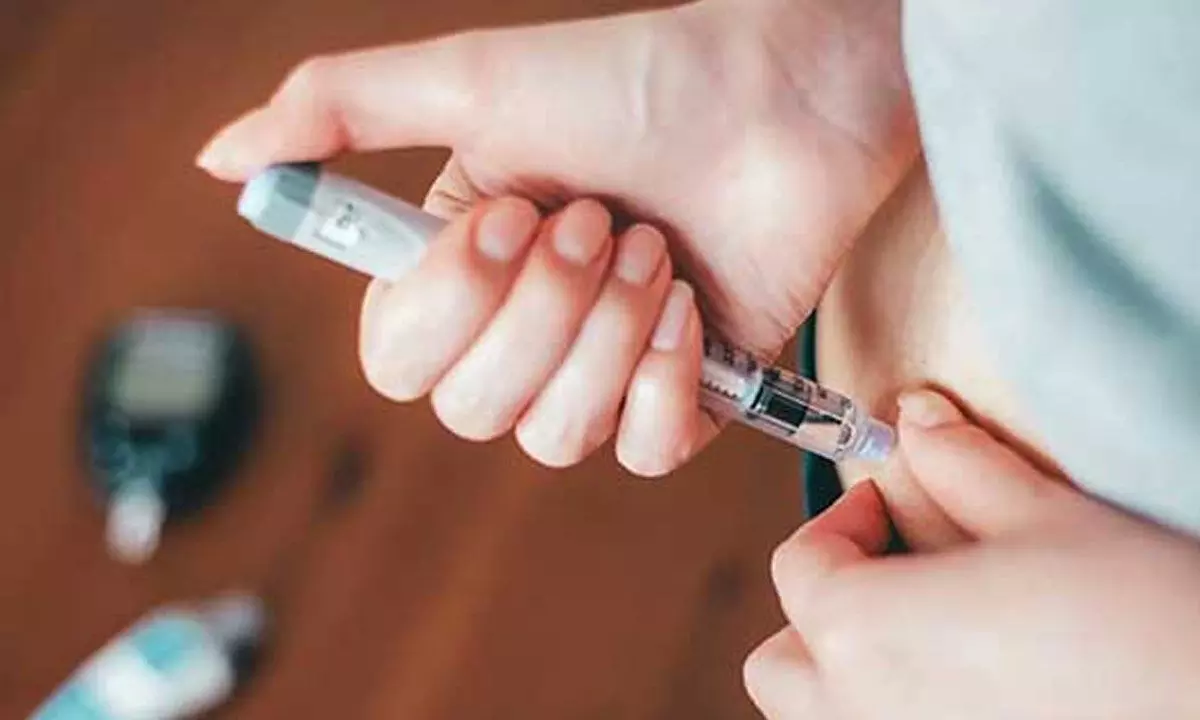Researchers identify key player that helps prevent ‘insulin shock’
This research may lead to a therapeutic alternative to the hormone used by millions of persons with diabetes
image for illustrative purpose

New York: A team of scientists at the University of California San Diego School of Medicine has identified a key player that helps prevent "insulin shock" and may lead to a therapeutic alternative to the hormone used by millions of persons with diabetes.
Although insulin is one of the most essential hormones, whose insufficiency can result in death, too much insulin can also be deadly.
"Patients who are treated with insulin or drugs that stimulate insulin secretion often experience hypoglycemia, a condition that if gone unrecognised and untreated can result in seizures, coma and even death, which collectively define a condition called insulin shock," explained Michael Karin, distinguished professor of pharmacology and pathology at UC San Diego School of Medicine.
In the study, published in the online edition of journal Cell Metabolism, Karin and Li Gu, a postdoctoral scholar in Karin's lab, and colleagues described "the body's natural defense or safety valve" that reduces the risk of insulin shock.
That valve is a metabolic enzyme called fructose-1,6-bisphosphate phosphatase or FBP1, which acts to control gluconeogenesis, a process in which the liver synthesises glucose. Some anti-diabetic drugs, such as metformin, inhibit gluconeogenesis but without apparent ill effect.
Children born with a rare, genetic disorder in which they do not produce sufficient FBP1 can also remain healthy and live long lives. But in other cases, when the body is starved for glucose or carbohydrates, an FBP1 deficiency can result in severe hypoglycemia.
Without a glucose infusion, convulsions, coma and possibly death can ensue. To better understand the roles of FBP1, researchers created a mouse model with liver specific FBP1 deficiency, accurately mimicking the human condition.

